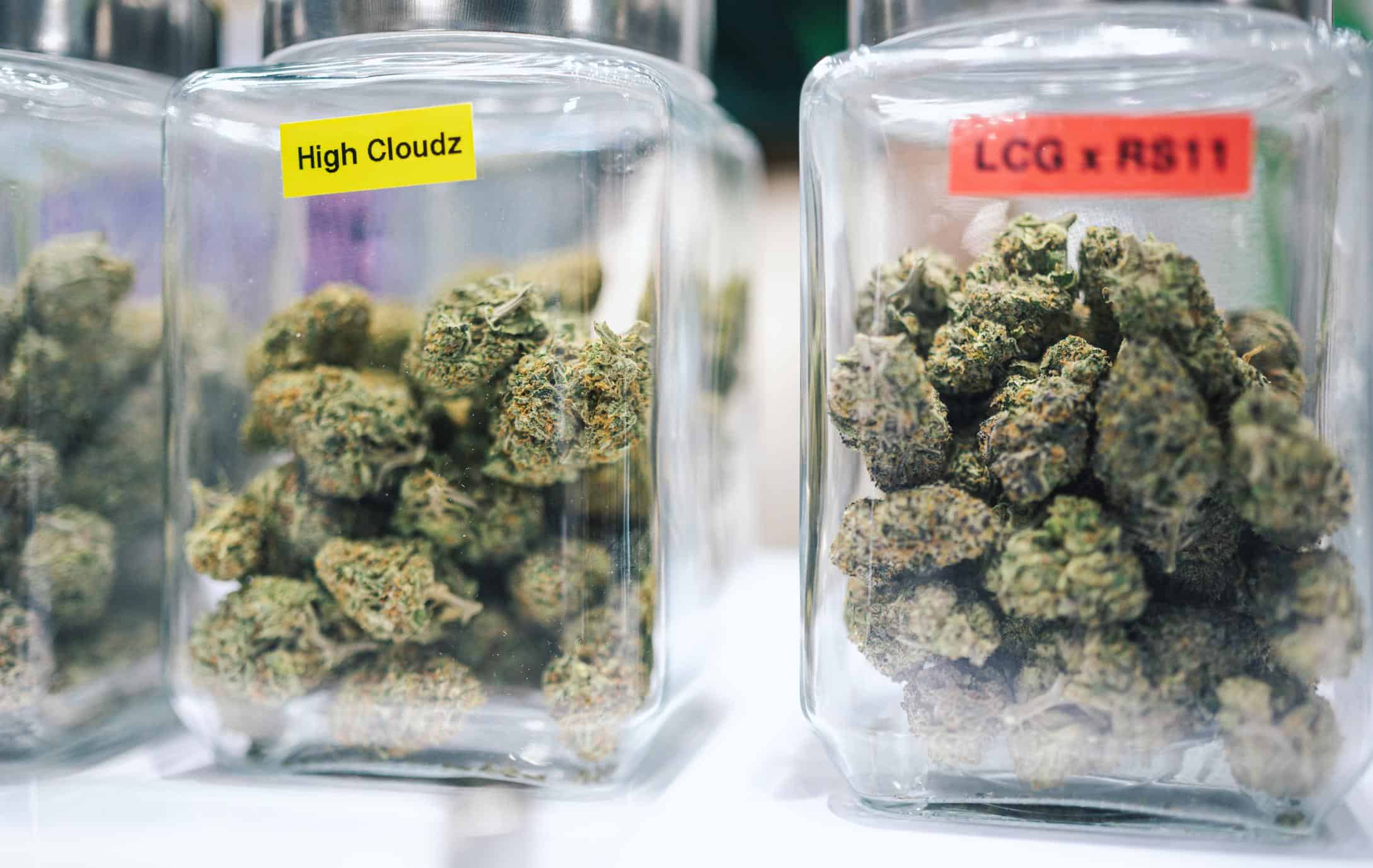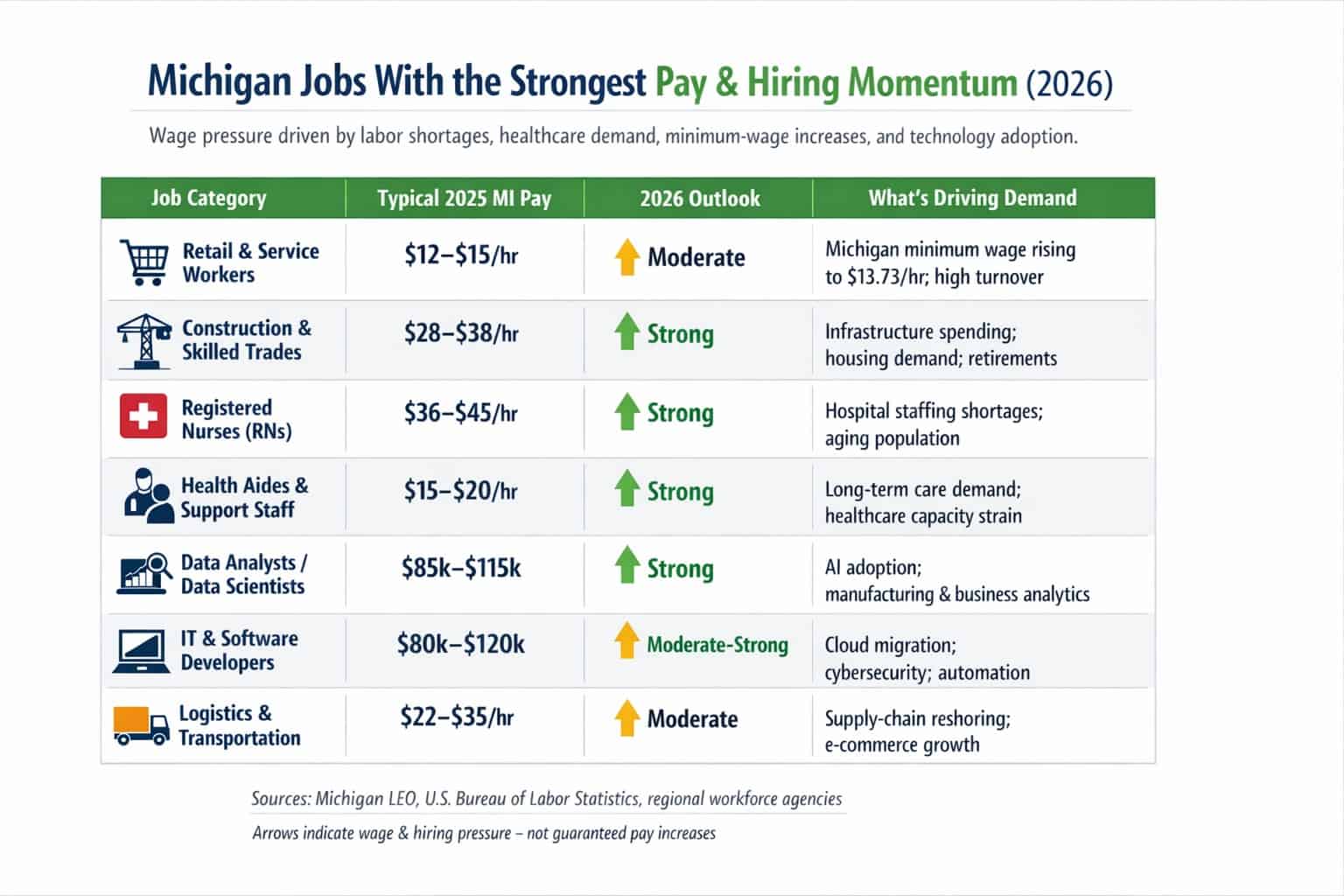COLUMBUS, Ohio — On average, Ohioans buy twice as much nonmedical marijuana as they do medical marijuana, underscoring the dramatic effect legalizing recreational cannabis has had on Ohio’s market.
Despite a five-year head start, the recreational market is quickly gaining on the medical market. Just 11 months in, recreational marijuana has brought in twice as much money daily on average than medical sales.
The success of recreational sales comes alongside stalled efforts for state legislators to regulate non-medical marijuana, with Ohio Gov. Mike DeWine vetoing two proposed changes to cannabis taxes and legislators pausing the effort to regulate “diet weed” products.
Ohio began nonmedical cannabis sales on Aug. 6, 2024, and medical sales began on Jan. 14, 2019. According to state data, Ohioans have spent more than $600 million on nonmedical products since sales began, averaging out to about $1.8 million spent on recreational marijuana every day. Medical sales account for just half of that, at around $925,000 daily over the past six years.
Now outpacing medical use, recreational marijuana is subject to a number of opinions about how to keep Ohioans safe under legalization, like “diet weed.” “Diet weed” refers to intoxicating hemp products like Delta-8 or Delta-9. These cannabinoid products are not controlled by the FDA and are considered less intoxicating than other cannabis-derived products. Intoxicating hemp can be sold to any age, raising concerns about minors using the products to get a similar high to marijuana.
“While we would have hoped for stronger safeguards around intoxicating hemp products, we remain optimistic that Ohio’s regulatory approach will continue to evolve in the interest of public health and consumer safety,” Vedadi said.
As NBC4’s Natalie Fahmy reported, DeWine has been urging legislators to regulate this “diet weed” since before recreational sales began in the Buckeye state. The effort to regulate those products stalled again at the Statehouse, falling to the side as legislators devoted resources to property tax reform and the state budget.
Read more at NBC4






